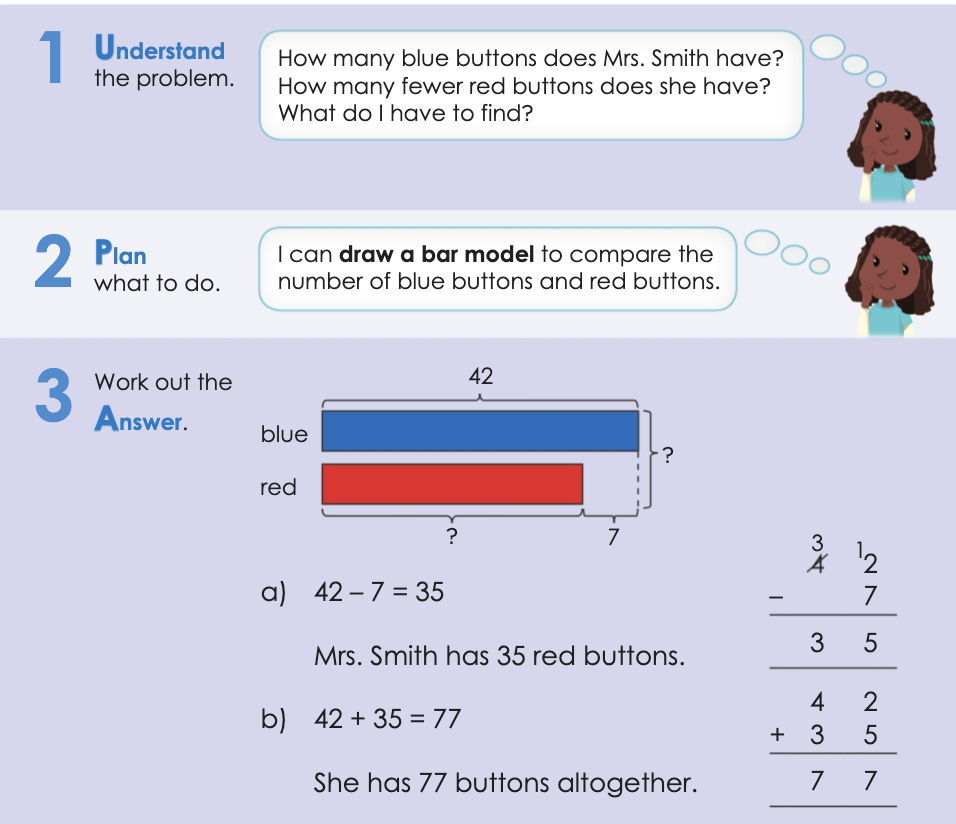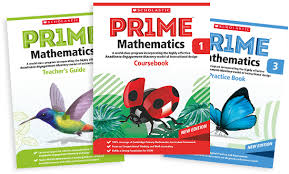In order to gain quantitative data I constructed a customised eAsttle test for my inquiry group to take. It would assess Number Knowledge, Number Strategy, and Algebra. The results, while they don't indicate a massive shift in overall progress are incredibly affirming. They confirm that my previous focus on improving comprehension of whole number and single-step problems was the correct priority.
This has established a strong foundation: The group demonstrated 100% success in procedural objectives like "Model and solve linear, simultaneous & simple quadratic equations." They also performed strongly in finding and expressing rules for number sequences. When the language is direct and tells them what to do (solve, model, find a rule), they now execute confidently.
This is a significant positive step. Our work has clearly improved their ability to translate straightforward narrative into the correct mathematical procedures, which is critical for problem solving.
The beauty of these results is how they align perfectly with the current curriculum map. The most significant gaps revealed by the test are in topics we simply haven't covered yet in our Pr1me program. I don't look at it as a failure in my current teaching; it's a powerful
alert about where I need to proactively prepare the students' language skills.
The biggest gaps (within the focus areas) sit in the three major concepts that Pr1me will introduce later this year:
- Negative Numbers: The largest gap is "Explain the meaning of negative numbers" (69% Gaps).
- Decimals: There's a 50% Gaps rate in "Write & solve whole number/decimal problems using all four operations."
- Fractions: Students struggled with "Write/solve story problems involving basic fractions" (25% Gaps).
The data tells me that when Pr1me introduces these units, the content itself will be the secondary problem; the primary barrier will still be the complex language because it's more abstract and intricate than the whole number problems they've mastered. They need to understand the words before they can do the math.
The comparison of the earlier diagnostic tests to our recent e-asTTle results has been the most powerful validation of my inquiry cycle yet. The data confirms what I hoped: the strategic focus on comprehension and whole-number strategy has successfully closed old gaps, providing a strong foundation for the Pr1me program.
Here is a quick look at where each student has shifted in their Number Knowledge and Strategy since the start of the year, followed by an analysis of the group's overall progress.
Individual Progress Snapshot: Closing Gaps
Student (Current Level) Key Improvement Area (Strategy/Comprehension) Remaining Challenge (New Barrier)
Student A (3P) Clear Word Problem Gain: They've overcome the language barriers they had in simple multiplication and division word problems. They are now successfully translating simple narratives. Large Number Language: The comprehension barrier remains for place value in large whole numbers and the conceptual language of fractions.
Student B (2A) Procedural Clarity: Johan gained competence in the language of order of operations and is successfully translating simple word problems. They've overcome their earlier struggles with visual strategies like number lines. Foundational Facts & Fractions: They're still struggling with basic addition/subtraction facts and the complex translational language required by fractions.
Student C (3B) Procedural/Algebraic Language: They shows strong gains in understanding the language of order of operations and the procedural concepts of powers of whole numbers. Fractional and Conceptual Language: The language of simple fractions is still a consistent barrier, as is the abstract definition of negative numbers.
Student D (3B) Place Value Mastery: They've successfully overcame their early struggles with interpreting the language of place value and is now applying that understanding to decimals. Translational Fraction Barrier: Their most consistent weakness is the inability to translate a word problem that includes a fractional quantity into an equation.
Student F (3P) Fractional Head Start: They are unique—they've showed success in the initial stages of fraction word problem translation, an area of difficulty for the rest of the group. They've made strong gains in procedural language. Algebraic Patterns: Their remaining weakness is translating the language of patterns and sequential rules, suggesting a distinct type of abstract language comprehension issue.
Student G (3B) Strategy/Procedural Gain: They've successfully transitioned from struggling with simple division word problems to mastering order of operations. Their highest score in Algebra shows excellent procedural command. Fragile Conceptual Language: Their understanding of negative numbers is fragile, indicating that the language used to define and apply the concept needs dedicated reinforcement.
Student H (3B) Strong Strategy Gains: They've moved from struggling with simple division to mastering multi-step problem combinations. This is the clearest example of a direct win for my inquiry on comprehension and translation. Advanced Algebraic Comprehension: Their struggles with the language required to use a rule to make predictions and describe patterns in sequence.
The comparison of the earlier PAT test results from the start of the year provides strong evidence that my inquiry cycle focusing on comprehension and whole-number strategy has been effective. We've successfully built the necessary language bridge.
1. Number Knowledge Progress: Success in Foundational Language
Positive Shift : Nearly all students have significantly improved their ability to read and interpret the language of place value in whole numbers and are now successfully applying that foundational language to decimal place value. This is a big leap from the initial struggles we saw at the start of the year.
2. Strategy (Number Sense & Operations) Progress: Mastery of Simple Translation
Positive Shift : Every single student who initially struggled with single-step, whole-number word problems is now scoring highly or achieving in "Write & solve whole number story problems." The most significant result is their successful transition to solving problems with combinations of operations. The language decoding for simple arithmetic is now working.
Next Barrier : The strategy breakdown occurs when students must translate a multi-step word problem that also contains complex number language (fractions, decimals). The inability to "Solve problems using fractions of whole numbers or decimals" is the new strategic weakness, showing that the strategy itself needs a more advanced layer of comprehension.
The work we've done has provided the necessary language bridge to move from non-comprehension to solid procedural understanding in foundational arithmetic. My next step—pre-teaching the language of upcoming complex units (fractions, decimals, negatives) before the Pr1me program introduces them—is perfectly validated by where their progress is currently stalling. My inquiry remains focused on comprehension, but it must now shift from addressing prior gaps to proactive preparation for upcoming units.
A revitalised look at my inquiry focus is: How can I use explicit literacy strategies to pre-teach the conceptual and translational vocabulary of concepts? I will be tracking my target group as I learn to better support them, not by teaching ahead of the Pr1me program, but by teaching the language of the concepts ahead of it. The goal is to improve their literacy toolkit so they can tackle new concepts with greater confidence.
The journey continues, and the data confirms I am focused on the right path for supporting my students' mathematical language development.













